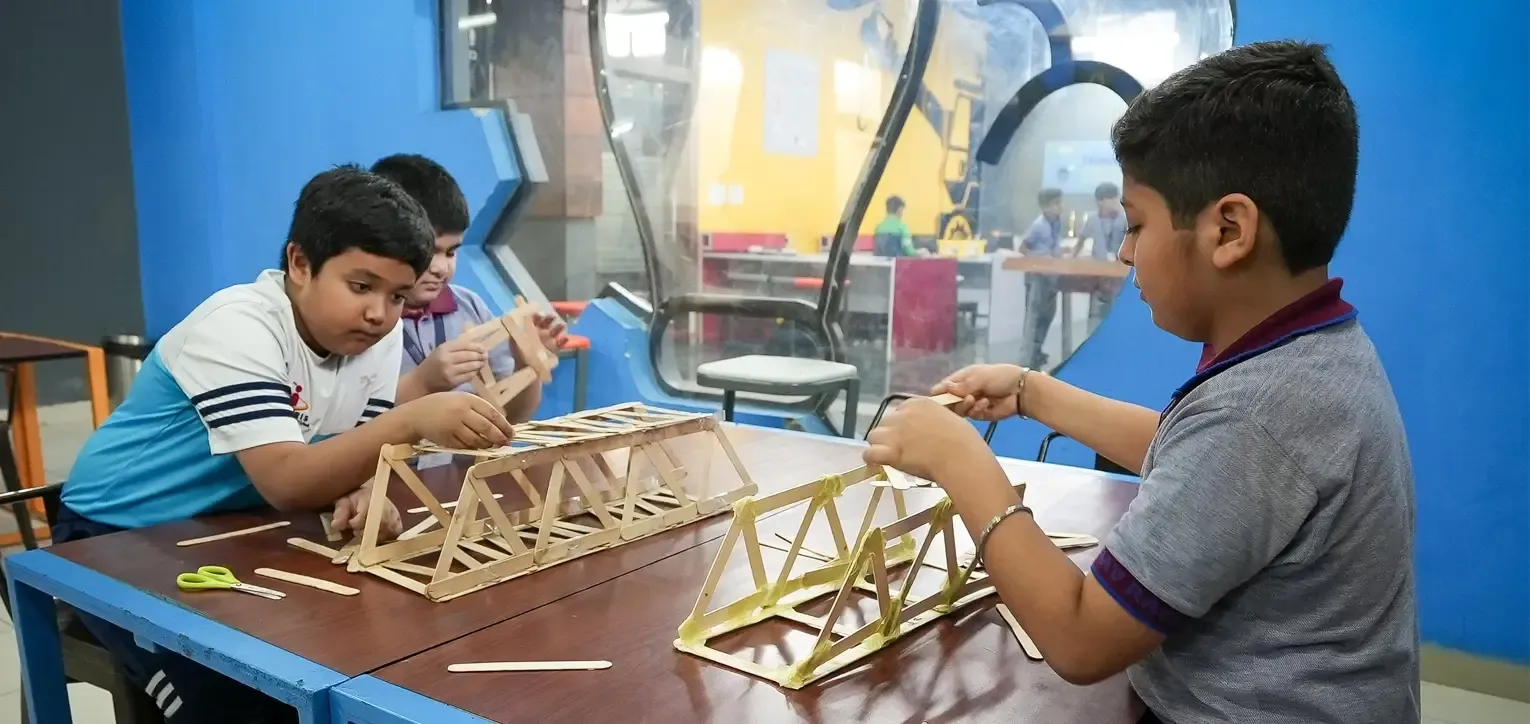COMBAT PRESSURE OF PEERS! DEVELOP YOUR INDIVIDUAL SELF! “Confidence is knowing who you are and not changing it a bit because someone’s version of reality is not your reality.” Shannon L. Alder We indeed have the remote control of our lives. It is an empowering feeling. But sometimes, we lose control over our life decisions and unwillingly hand over the power to others. This happens when we let the pressure from our peers dominate us. Everybody has friends. Our buddies around our age with comparable interests and hobbies can be considered peers. Peers can also be children who participate in the same pursuits as we do or who belong to be a member of the same neighborhood or community. Even if we don’t consider all our peers to be buddies, they might still impact us. The Latin phrase par, meaning equal, is where the word peer first appeared. We are someone’s peer when we’re on an equal footing with them. The Merriam-Webster dictionary defines peer pressure as ‘a feeling that one must do the same as other people of one’s age and social group in order to be liked or respected by them.’ There are times when we do things just to fit in, to have a delusional confirmation that we belong. Although this affects people of all ages, high school and college students are the most affected. People naturally relate with or evaluate themselves in relation to their peers. Almost everyone has experienced peer pressure at some point. Young adults frequently wonder how they want to be and where they belong in amid a social swarm as a result of their development and a fresh feeling of independence. Peer pressure has the power to influence attitudes and judgments, especially in teenagers whose brains are still maturing. At a vulnerable age when children are confused about leaving behind childhood and stepping into adulthood, with hormones playing havoc with the young minds, peer pressure dents their confidence, self-belief and decision-making skills. Positive or negative peer pressure is possible. Positive peer pressure encourages you to perform at your highest level. Negative peer pressure occurs when a friend or fellow group member convinces you that you must do something to fit in. When we hear peer pressure, we typically think of its negative counterpart. We frequently feel guilty or unhappy with ourselves for acting in a manner those conflicts with your ideas or ideals when you fall into unfavourable peer pressure. Peer pressure can also be advantageous. Just by being around, peers have an impact on one another. However, both parties under the pressure can benefit from each other’s knowledge. It makes sense to listen to and take advice from people of the same age. Peers can have a variety of effects on us. For instance, one might enjoy how the other children in theirclass dress and decide to adopt things similarly. Both ways are involved, and heir friends may copy what you do after seeing it. Peers can have positive effects on one another. Perhaps a student in the science class showed others how to quickly recall the names of the planets within the solar system. Maybe then you strive to mimic a friend who is a lovely person because you appreciate them. Peer pressure can be positive too. Getting inspired from others around us to better ourselves is an example of positive peer pressure. It is more of a push to be a better ‘we’. Peers can influence each other positively or negatively, though. They can try to coerce you into engaging in activities against your best judgement. What if a few students at school try to get you to skip class with them, for instance? What if a player on your soccer team attempts to persuade you to be rude to other teammates and forces you to never send the ball to them? What if a neighbouring youngster invites you to steal stuff alongside them? We all have to contend with peer pressure. It’s normal to have confusion or to battle peer pressure. It comes up for everyone at some point during their lives. Peer pressure shows its presence in form of the way children talk, dress up, get haircut, food they choose, their general behaviour, decision-making etc. But getting greatly influenced by friends and following them without thinking about the consequences can lead one in troubles and difficulties. Positive peer pressure certainly encourages children to identify their skills and capabilities. Negative peer pressure, in contrast, can result in behaviours that are harmful and recurring. Due to the feeling of fitting in, even if a child is not comfortable with a particular kind of profane language or dressing, he opts for it to avoid being teased by his friends. Children have to face bullying if they are different, so they try to be a part of the group with choices similar to others as much as possible. Underage driving, inclination towards expensive brands, hi-tech latest gadgets reflect most people around one opt for, rather than a person’s own choice. A child goes through many types of peer pressures like spoken, unspoken, direct/ indirect and negative/ positive, etc. Amongst the entire peer – mentioned above pressures, ‘unspoken peer pressure’ is the most dangerous because a child or a teenager is exposed to the actions of one or more peers and is left to choose one to follow along. For example- Even if no one tells a child to go to disco or a pub, the child may still feel pressured by their peers to join as it seems like everybody is doing it. Definition of beauty has changed over the years. Children go for not prescribed dieting spree as for them, only physical appearance is good without realising how it might be affecting their health. The ability to resist peer pressure is acquired over time. The people we count as friends, neighbours, and classmates are continuously influencing us. Even random people can influence our thoughts or behaviours to some extent. Creating a strategy for tricky social situations could help reduce some of the pressure brought on by peer pressure. We need to teach our kids a few practical tips and techniques so that they can make their own decisions and able to manage peer pressure- Parents have to be open and share their experiences with peer pressure: Speak with your parents or trusted person if you are having trouble with peers. You could take your parent’s advice on how they manage with peer pressure. They would be able to assist you in the future as you deal with peer pressure. It’s acceptable to acknowledge your difficulties, and they will probably want to support you. A reliable person can hear you and offer advice on potential solutions for your problem. Before being affected by others, it is crucial to assess the results of an action. Peer pressure should also never take precedence, and you should always put your own goals and needs foremost. It may be essential to know what others are successful at but never to fall under pressure instead; one should keep on with one’s thoughts and prioritise what they are best at. “I’m not in this world to live up to your expectations and you’re not in this world to live up to mine.” Children should go by this quote and understand that this world is merely a stage and we are here to play our parts not to imitate others. You have an amazing chance to unleash the absolute best in yourself. You might trip or fall a lot of times on that journey. The greatest joy comes from getting back up, putting the failing fear behind you, and continuing on. Use peer pressure sensibly as you go through life; it will be here to stay. “Be the Best; Do not get much influenced by the Rest.” Author: Ms Preeti Chopra, HOD-English, MRIS 21C, Faridabad.PEER PRESSURE? DIFFUSE CALMLY!






― Bruce Lee

